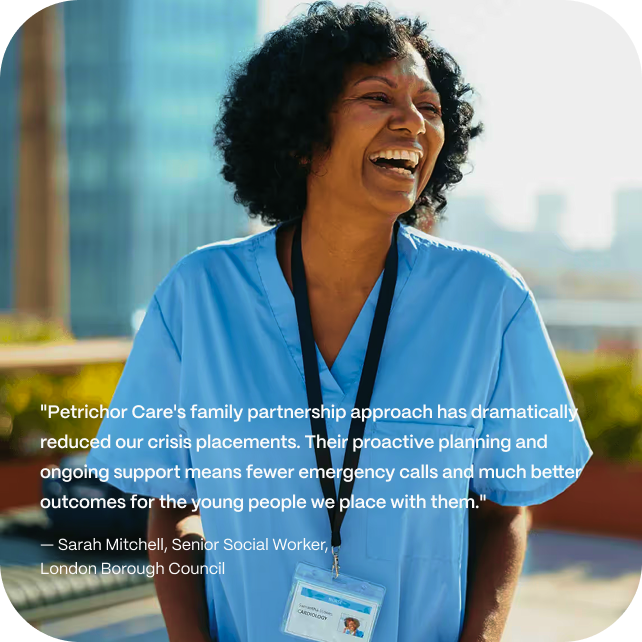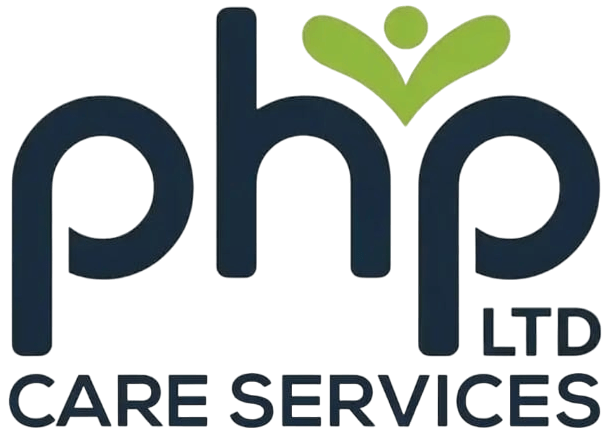Supported Housing That Delivers Successful, Stable Placements
Specialised care for young people 16+ with learning disabilities. Reduced crisis calls, higher family satisfaction, and better long-term outcomes.

Because we’ve seen the sleepless nights, the emergency calls, and the stress that comes with placement decisions that affect vulnerable young people’s lives. That’s why we created a different kind of semi-independent living service – one that puts your professional confidence at the center of everything we do.
You deserve a provider who understands that your reputation depends on successful outcomes.
Our Expertise
Person-Centered Approach
We tailor support by assessing individual needs and pathway plan expected outcomes, ensuring personalised care for every child and young person.
Comprehensive Support
We understand that children and young people enter our care with various additional needs, including mental health concerns, substance misuse, and behavioural challenges.
Long-term Stability
Our placements provide long-term placement stability, respites, and interim support, extending to outreach in the local community.
Learning Disabilities
We support individuals with ADHD, Autism, and Asperger’s through Specialist-trained staffs, and person-centered approach.
Supported Living
Purpose-built housing focuses on helping individuals aged 16–25 build independence and develop essential living skills.
Family Support
We ensure ongoing family involvement with regular communication and provide dedicated support for smooth transition planning.
Quality You Can Trust
Qualified Staff
Specialist training in learning disabilities
Measured Outcomes
Regular monitoring and family feedback
Safeguarding Excellence
Comprehensive protection policies
CQC Regulated
With regular inspections
Your Path to Placement Confidence
Our process is designed to give you confidence at every stage
Stage (I)
Rapid Review (24-48 hours)
Thorough review of existing assessment and care plan
Honest assessment of our ability to meet needs
Clear yes/no decision with reasoning
Stage (II)
Strategic Matching (1-2 weeks)
Careful accommodation and staff team matching
Risk assessment and compatibility review
Coordination with existing support networks
Stage (III)
Supported Transition (Week 3+)
Gradual introduction with intensive initial support
Daily monitoring during settling-in period
Immediate response to any emerging concerns
What Professionals and Families Say


